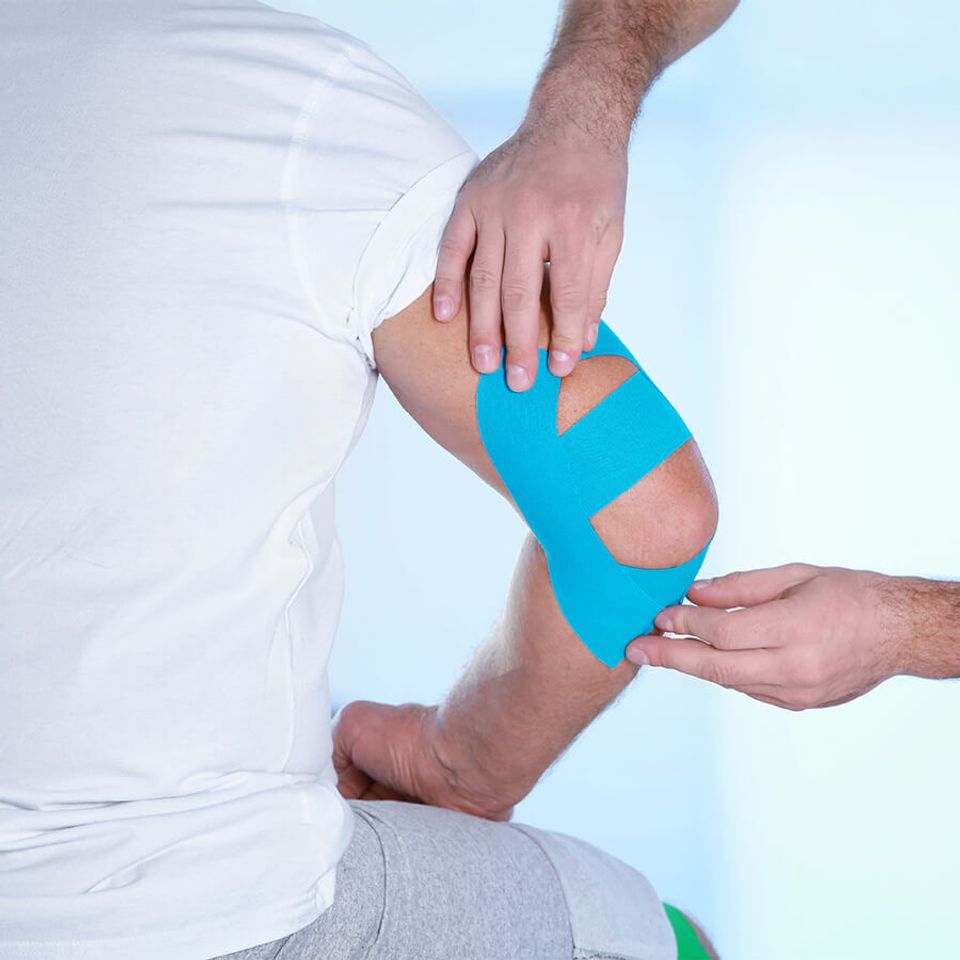
Chiropractic treatment
for an RSI
A doctor of chiropractic will complete a physical examination and medical history in order to individualize your RSI treatment. Our office may utilize multiple chiropractic treatments depending on the severity of your injury and other factors like your health and lifestyle.
- Chiropractic adjustment
- Rehabilitative exercises
- Ice/heat therapy
- Body mechanics and posture coaching
- And more
Chiropractic care takes a conservative treatment approach to remove joint dysfunction and improve function. It is a natural, non-invasive alternative to over-the-counter pain medications frequently used to treat pain from repetitive strain injuries.







